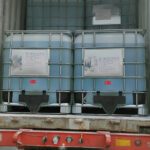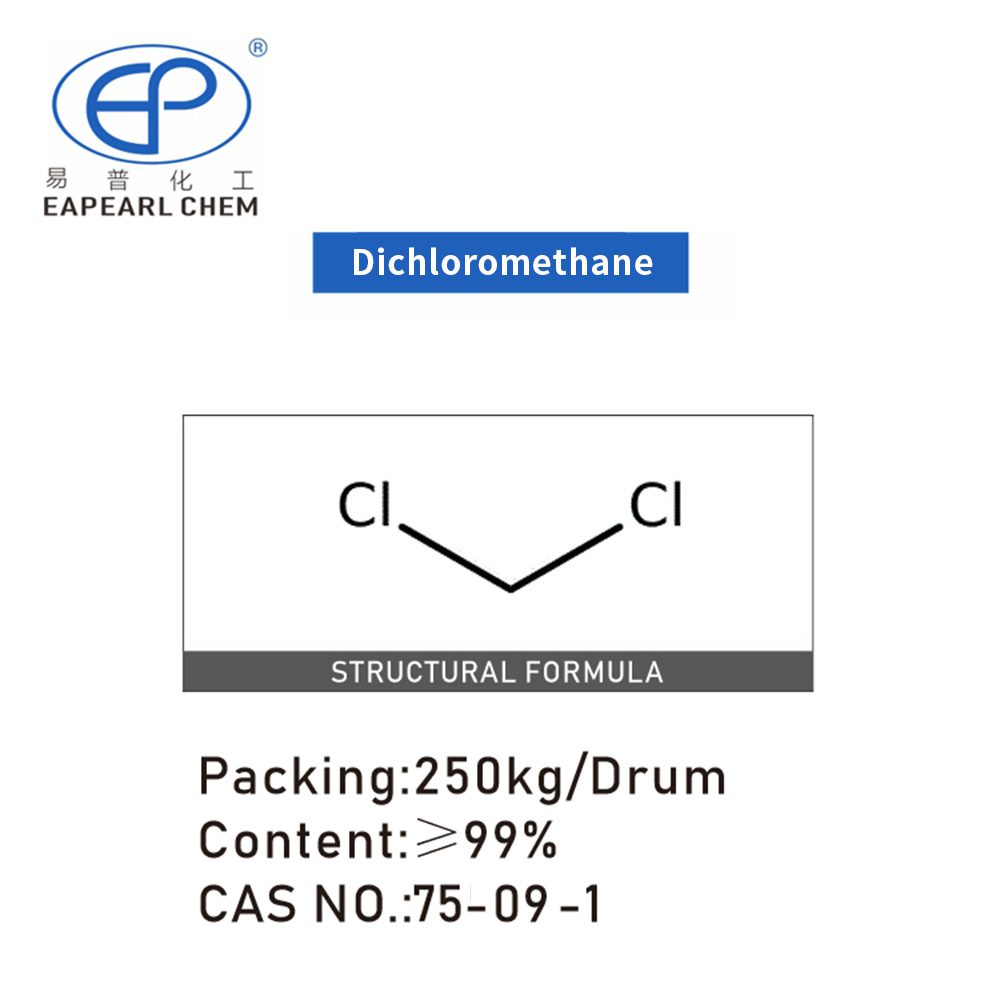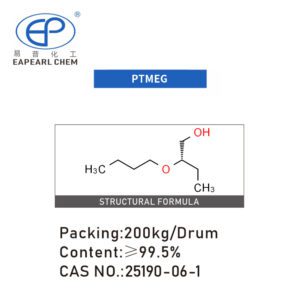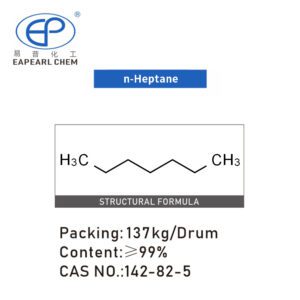Dichloromethane
Colorless transparent volatile liquid. Has a pungent odor similar to that of an ether.
| Product Name: | Dichloromethane |
|---|---|
| CAS No.: | 75-09-2 |
| Purity | ≥99% |
| Packing: | 1ton/drum, 250kg/drum |
| HScode: | 2903120001 |
We use the latest network security technology to protect your personal information from leakage, and to ensure that you can shop safely and securely.
Share
Description:
- Natural gas chlorination reaction of natural gas and chlorine, after absorption of hydrogen chloride by water and by-production of hydrochloric acid, the residual trace of hydrogen chloride is removed with alkali solution, and then dried, compressed, condensed and distilled to obtain the finished product.
- Methyl chloride chlorination methyl chloride and chlorine in the 4000kw light reaction to generate methylene chloride, alkali washing, compression, condensation, drying and distillation to obtain the finished product. The main by-product was chloroform.
Synonyms:
Characteristics:
| Molecular Formula | CH2Cl2 |
| Molar Mass | 84.93 |
| Density | 1.325 |
| Melting Point | -97℃ |
| Boling Point | 39-40℃ |
| Water Solubility | 20 g/L (20℃) |
| Refractive Index | 1.4242 |
| Physical and Chemical Properties | Appearance and properties: colorless transparent liquid, aromatic odor. melting point (℃): -96.7 boiling point (℃): 39.8 relative density (water = 1): 1.33 relative vapor density (Air = 1): 2.93 saturated vapor pressure (kPa): 30.55(10 ℃) heat of combustion (kJ/mol): 604.9 critical temperature (℃): 237 critical pressure (MPa): 6.08 logarithm of octanol/water partition coefficient: 1.25 ignition temperature (℃): 615 Upper Explosive limit%(V/V): 19 lower explosive limit%(V/V): 12 solubility: slightly soluble in water, soluble in ethanol, ether. |
Use
FAQ:
Q1. What is Dichloromethane?
A1. Dichloromethane, also known as methylene chloride (CH2Cl2), is a colorless and volatile liquid. It is commonly used as a solvent in various industries, including pharmaceuticals, paints and coatings, adhesives, and chemical manufacturing.
Q2. What are the main applications of Dichloromethane?
A2. Dichloromethane has a wide range of applications. It is primarily used as a solvent in processes such as extraction, degreasing, and cleaning. It is also utilized as a paint stripper, a blowing agent in polyurethane foams, and an ingredient in pharmaceutical formulations.
Q3. Is Dichloromethane hazardous?
A3. Yes, Dichloromethane is considered hazardous. It is classified as a volatile organic compound (VOC) and has been associated with certain health risks. Inhalation or prolonged exposure to high concentrations of Dichloromethane may cause respiratory irritation, dizziness, nausea, and in extreme cases, it can affect the central nervous system.
Q4. What safety precautions should be taken when handling Dichloromethane?
A4. When working with Dichloromethane, it is crucial to follow proper safety measures. These include wearing appropriate personal protective equipment (PPE) such as gloves, goggles, and a respiratory mask. Ensure good ventilation in the working area to minimize exposure. It is essential to train employees on safe handling procedures, proper storage, and emergency response protocols.
Q5. Are there any regulatory considerations for using Dichloromethane?
A5. Yes, the use of Dichloromethane is subject to regulatory controls in many countries due to its potential environmental and health hazards. It is important to comply with local regulations and obtain necessary permits or licenses for its use, storage, and transportation. Stay updated on any changes in regulations or restrictions related to Dichloromethane.
Q6. What are the storage and handling requirements for Dichloromethane?
A6. Dichloromethane should be stored in tightly sealed containers in a cool, well-ventilated area, away from heat sources, ignition, and incompatible substances. Please keep it away from direct sunlight and open flames. Ensure proper labeling of containers, and store them separately from other chemicals to avoid potential reactions.
Q7. How can I purchase Dichloromethane?
A7. As an inaugural step, it is requisite that you ascertain your possession of the requisite qualifications and conditions enabling the acquisition of chemicals of a hazardous nature. To purchase Dichloromethane, please contact our sales team or authorized distributors. Provide the necessary details regarding your requirements, including quantity, delivery location, and any specific quality specifications. Our team will assist you in the ordering process and provide all the required information.
Q8. Can you provide technical specifications and safety data sheets (SDS) for Dichloromethane?
A8. Yes, we can provide you with the technical specifications and safety data sheets (SDS) for Dichloromethane. These documents contain detailed information about the chemical properties, composition, handling precautions, storage conditions, and first aid measures. Please get in touch with our customer support team to obtain the required documents.
Q9. Do you offer any support for regulatory compliance and safety training?
A9. Yes, we are committed to supporting our customers in regulatory compliance and safety training. Our team can guide handling, storage, and transportation requirements. We can also assist in understanding and meeting the necessary regulatory standards for Dichloromethane use. Please reach out to our customer support team for further assistance.
Q10. What is the shelf life of Dichloromethane?
A10. Dichloromethane has a relatively long shelf life when stored and handled properly. It is recommended to use it within its designated shelf life, which is typically two to three years from the date of manufacture. Ensure the containers are tightly sealed and stored in suitable conditions to maintain their quality and stability.
Please note that the information provided in this FAQ is for general guidance purposes only. It is essential to consult with relevant experts and adhere to local regulations and safety guidelines when handling Dichloromethane.
Loading Video or Picture:



























